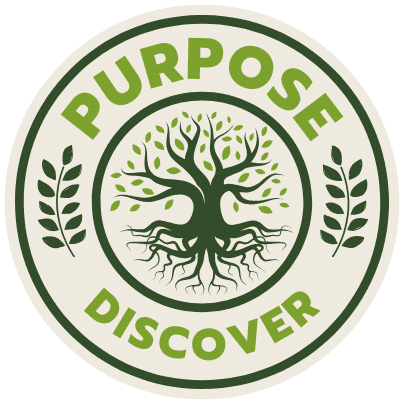Trust is a cornerstone in our lives. It shapes our relationships, influences our decisions, and helps us build a life of integrity. When we talk about integrity, we often think of honesty and strong moral principles. But trust is what makes those principles come alive. Without trust, integrity can feel hollow. So, how do we cultivate trust? Let’s explore this together.
Understanding Trust
Trust is more than just a word. It’s a feeling. It’s what makes you believe in someone or something. When you trust someone, you feel safe. You believe they will act in your best interest. This feeling is essential in all areas of life—personal, professional, and even within ourselves.
Think about it. When you trust your friends, you share your secrets. When you trust your partner, you build a life together. In the workplace, trust leads to teamwork and collaboration. Without trust, relationships suffer. So, how can we build and maintain this vital component?
Building Trust with Yourself
Before you can trust others, you need to trust yourself. This means being honest about your strengths and weaknesses. It’s about keeping promises to yourself. When you say you’ll do something, follow through. This builds self-trust, which is crucial.
Ask yourself: Do I keep my word? Am I honest with myself? Reflecting on these questions can help you understand your relationship with self-trust.
The Importance of Honesty
Honesty is a big part of trust. When you’re honest, people see you as reliable. They know they can count on you. This doesn’t mean you have to share everything. It’s about being truthful in your words and actions.
Consider this: How would you feel if someone lied to you? Betrayed, right? That’s why honesty matters. It lays the groundwork for trust.
Communication is Key
Open communication is essential for building trust. When you talk openly, you share your thoughts and feelings. This transparency fosters understanding. It helps clear misunderstandings before they become bigger issues.
Think about your relationships. Are you open with your friends and family? Do you express your feelings? Engaging in honest conversations can strengthen your connections.
Consistency Builds Trust
Consistency is vital. When people see you acting the same way over time, they begin to trust you. This applies to your behavior, your decisions, and your values.
For instance, if you always show up when you say you will, people will trust you to do it again. If you’re unpredictable, trust diminishes. So, aim to be reliable in your actions.
Trust in Professional Relationships
In the workplace, trust is crucial for collaboration. When team members trust each other, they work better together. This leads to higher productivity and job satisfaction.
Ask yourself: Do my colleagues trust me? How can I build that trust? Simple actions like being dependable, communicating openly, and respecting others’ opinions can make a big difference.
The Impact of Trust on Integrity
When trust is strong, integrity shines. You act in ways that align with your values. You make choices that reflect your principles. This alignment builds a life of integrity.
Consider this: When you trust yourself and others, you’re more likely to stand up for what you believe in. You become a person of integrity, and that’s powerful.
Overcoming Trust Issues
Trust issues can arise from past experiences. If someone has betrayed you, it’s natural to be cautious. However, it’s essential to work through these feelings.
Start small. Trust someone with little things. As you build positive experiences, your trust can grow. Remember, not everyone will let you down.
Final Thoughts
Trust is not just a nice-to-have; it’s essential for a life of integrity. By building trust with yourself and others, you create strong relationships. Honesty, communication, and consistency play vital roles in this process.
So, take a moment to reflect. How can you build more trust in your life? What steps will you take today to strengthen your relationships? Remember, a life of integrity starts with trust. Embrace it, and watch your life transform.

